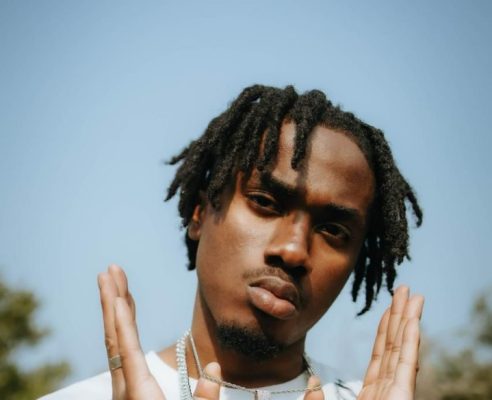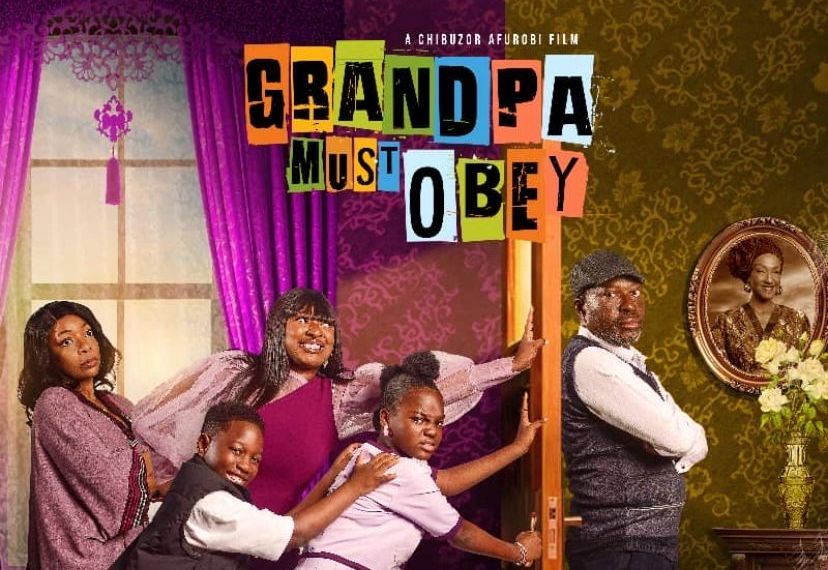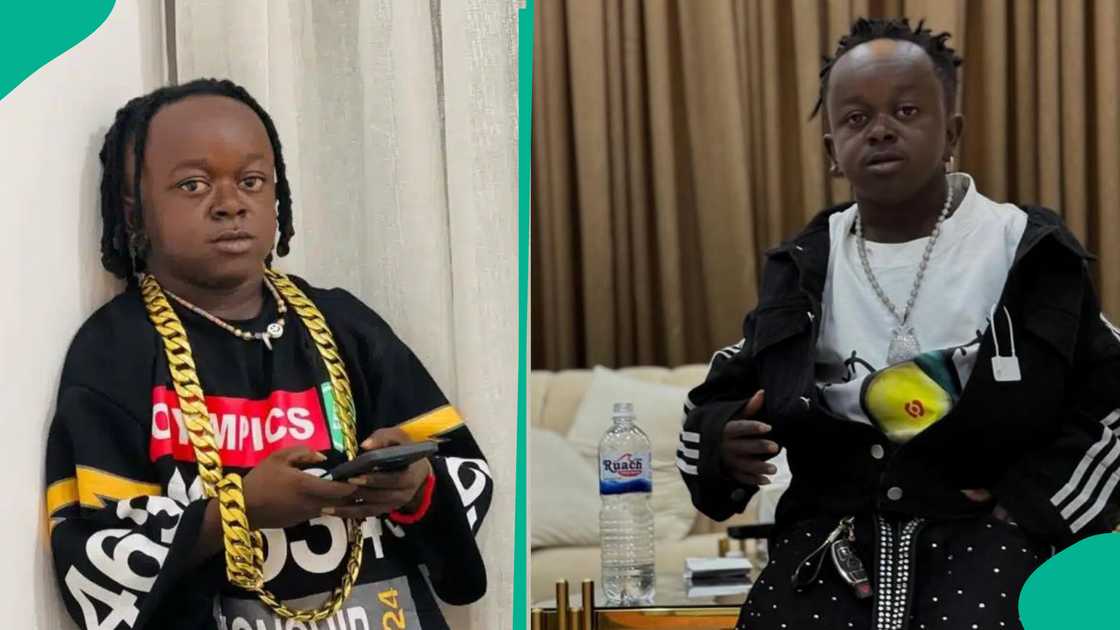In today’s global music landscape, emerging talents from Africa are shaking up the status quo, introducing new perspectives and pushing the boundaries of what’s possible. Among these rising stars is Rightflow, born Marvin Wonodi in Port Harcourt, Rivers State, Nigeria. Now making waves from his new base in Canada, this rapper, singer, and songwriter embodies the journey of many West African creatives: leaving home not to erase their roots, but to amplify them for the world to hear. What sets Rightflow apart is his steadfast refusal to simply follow trends—he digs deep, channeling raw emotion and unfiltered stories that have quickly resonated far beyond his adopted home. As Canada’s underground hip-hop scene grows in diversity, Rightflow’s narrative of resilience speaks loudly to Nigerians, Ghanaians, and Africans in the diaspora who see pieces of their own stories reflected in his art.
Port Harcourt Origins: Rhythm, Rebellion, and Finding a Voice
Rightflow’s early years were imprinted by the energy and cultural tapestry of Port Harcourt. Though known for vibrant Afrobeats and dancehall scenes, the city also harbours a quieter revolution of young people drawn to rap—a genre long considered an outlier on local airwaves. For many Nigerian youths, rap is more than just music; it’s a form of expression and even resistance. According to Port Harcourt-based cultural analyst Samuel Ibietela, “Here, being a rapper sometimes means fighting for your voice. Rightflow’s story is a reality for thousands.”
Inspired by global icons like Juice WRLD, Lil Uzi Vert, and Trippie Redd, Rightflow gravitated toward hip-hop’s introspective side. His first recorded track, “Shorty Wanna Die,” came in 2019 at a time he allegedly struggled with depression. The song, created not for public acclaim but as personal therapy, served as an early declaration of his artistic approach: unguarded and honest. As he recounted in an interview with Nowahala Zone, “Music was how I navigated my darkness and saw something beyond it. Every lyric was a step toward healing.”
From Nigeria to Canada: Blending Cultures, Breaking New Ground
The migration of African talent is not a new phenomenon, but each artist’s journey redefines how West African narratives are perceived globally. Relocating to Canada, Rightflow found himself bridging two musical worlds. The contrast between Nigeria’s dynamic rhythms and the alternative-rap sensibilities of Western music provided fertile ground for innovation. Rightflow’s sound—marked by the melancholy of emo-trap, experimental hip-hop, and the soul of African melodies—reflects this unique fusion. Speaking to this dual influence, Rightflow told Nowahala Zone, “I didn’t want to abandon where I came from. Fusing my roots with new experiences in Canada helped create something truly my own.”
Notable tracks such as “Into the Abyss,” “End of Time,” and “Violence” offer a window into his evolving artistry. These songs not only display his lyrical dexterity, but also explore themes of alienation, hope, and the turbulent quest for belonging—a common thread for many African migrants. Canadian music journalist Rachel Loban explained, “In a crowded digital era, Rightflow’s music forces you to slow down and confront your own truths. That’s rare.”
Awards, Live Performances, and Community Impact
Unlike many artists who seek fame through spectacle, Rightflow’s authenticity has earned him respect on the live stage. He has reportedly performed at top Canadian festivals, including Flourish Fest and the Music PEI events—platforms that have spotlighted his passionate, sometimes unpredictable performances. In 2023, he received a nomination for a Music PEI Award, marking a significant milestone for an African artist carving a niche in Prince Edward Island’s music scene.
His performances distinguish themselves through emotional directness. Audience members in Charlottetown, PEI, described his stage presence as “intensely personal,” with many fans reporting moments of collective silence as his words cut through the noise of everyday life. According to festival producer Erin Jeffers, “Rightflow’s message to embrace your differences resonates powerfully, especially with youth who often feel pressured to blend in.”
Hip-Hop in Nigeria and West Africa: A Shifting Landscape
While Afrobeats remains Nigeria’s dominant musical export, hip-hop now commands growing audiences, buoyed by artists who blend local rhythms with international influences. The likes of M.I Abaga, Vector, and Ghana’s Sarkodie have opened doors, proving to young hopefuls that African rap can thrive on the global stage. According to Lagos-based music critic Adewale Omisore, “The rise of acts like Rightflow signals a new era where the pain and triumphs of African youth are getting the global spotlight they deserve.”
However, breaking through remains a test of resilience. Access to markets, limited local infrastructure, and cultural resistance to new sounds mean that African alternative-hip hop artists face unique obstacles. But as digital platforms level the playing field, more artists like Rightflow are claiming their place in the conversation.
The Psychology of Sound: Music as Therapy and Connection
Rightflow’s impact goes deeper than musical accolades. As a psychology graduate from the University of Prince Edward Island, he infuses his tracks with an understanding of human emotion rarely seen among emerging rappers. His creative process, reportedly grounded in the principles of cognitive behavioral therapy, mirrors the struggles of many Nigerians and West Africans grappling with mental health in societies where such topics remain taboo.
Clinical psychologist Dr. Oluchi Akanji notes, “Music that speaks openly about pain, doubt, and healing offers young Africans a rare sense of representation. Rightflow’s openness encourages conversations many find difficult to start.” There is a growing recognition that music, when genuinely crafted, can help normalize struggles with depression, anxiety, and societal pressure across the continent.
Balancing Individuality with Community: A Message for Outliers
Central to Rightflow’s appeal is his insistence that being different is not a weakness but a sign of originality. His lyrics often highlight themes of heartbreak, societal rejection, and the relentless pursuit of personal truth. For listeners who may feel alienated—whether in Lagos, Accra, or Toronto—his voice is not one demanding attention, but one inviting honest reflection.
According to music educator Yemi Akintunde, “For many African youths, Rightflow is less an entertainer and more a companion. His storytelling bridges communities, reminding us that our unique journeys are our strength.”
The Road Ahead: Shaping the Future of African Alternative Hip-Hop
As the world continues to fix its gaze on Africa’s creative boom, artists like Rightflow play a pivotal role in expanding what African music looks—and feels—like. The blend of local experience and international openness is challenging old stereotypes about African talent, with ripple effects from Lagos to London, Accra to Atlanta.
That said, challenges remain. Sustaining momentum in a highly competitive market, securing access to necessary resources, and overcoming societal stigmas about rap and mental health will test the resilience of emerging acts. Yet, the increasing presence of Africans in global award circuits, and the growth of international collaborations, indicate a positive trend for future stars.
As listeners, critics, and fans debate the future of African hip-hop, Rightflow’s journey is a testament to the power of truth over trend and individuality over imitation. In his words: “Being a reject just means you’re original.”
What role do you think artists like Rightflow play in shaping conversations about mental health and individuality among Nigerian and West African youths? How can more local voices break through globally? Share your thoughts in the comments and join the discussion!
Let’s keep the conversation going—follow us on Facebook, X (Twitter), and Instagram for more music news, African entertainment, and latest gist!
For general support or inquiries, reach out at support@nowahalazone.com.










